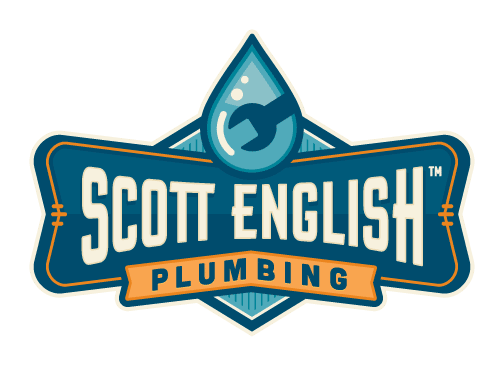3 Ways to Avoid Common Household Plumbing Leaks

There will always come a time when you have to deal with plumbing leaks. Knowing how to react to leaks before it gets worse will give you ample of time to do damage control until the professional plumber gets to your home. Sometimes knowing the right types of materials to use can help prevent potential leaks in your home plumbing system. What can you do to cope with household leaks?
The Leaky Faucet
When the leak seems to come from its handle when you turn it, chances are the packing nut is loose or perhaps the packing washer has worn out. Take a pair of pliers or a wrench and try to tighten the nut to see if that would solve the leak. If you need to replace the washer, you need to cut off the water supply to the faucet and unscrew the nut so that you can pull out the old washer. You have to bring it to the hardware store to make sure you are buying the right replacement.
For older faucets, a valve packing is used instead of the packing washer. The valve packing must be screwed on clockwise. It should be compressed by the packing nut with the space around the stem totally filled with packing string.
Connecting Pipes
Did you know that one of the most common causes of leaks is when pipes of different materials are connected together?
To make sure that leaks are avoided, you have to make use of special transition fittings that are designed to help make the transition from copper or steel for example. You would need to glue, solder, or thread the fitting before crimping it. Make sure that ample amounts of compound or Teflon tape is used to stop the reaction between the materials.
If you had a choice, it would be better to rely on ABS black pipe for a faster gluing process. Keep in mind that the purple colored PVC primer emits toxic fumes. You can also use ABS cement, which dries faster and reduces the potential risk of having the connections come apart before you complete the setup. Aside from this, the material is also more flexible and lighter; making it ideal when navigating bends or needing to flex the pipes into tighter and confined spaces.
If you are one of those homeowners who try to save on everything, stop yourself from reusing old copper pipe fittings. Why? First of all, it would take a lot of time to clean and take apart the old fittings. Second, they can become brittle and easily leak. It is better to invest in new fittings to have better results with less work done.
Supply Tubes
Another common source of leaks in homes are the water supply tubes found underneath the sink or behind toilets. For older homes, the material used are usually chrome or skinny copper supply tubes. These are connected to the toilets or faucets. Although they provide adequate passageway for water, they can be tricky to align, challenging to cut, and difficult to bend.
What is an alternative to these copper or chrome supply tubes? The better choice would have to be flexible supply tubes that feature a braided covering. These are designed with rubber gaskets at each end and can be relatively easy to seal without exerting much effort. They also come in varied lengths and their flexibility make them ideal for virtually all types of configurations.
The important thing to remember when using flexible supply tubes is that you must choose the right nut size for the connector ends. When tightening the nuts, use your hands and finish off with a half turn using a wrench. Never overtighten it to avoid cracking the nut and causing leaks.
These are just 3 possible ways to avoid common household plumbing leaks. It would be wise to call on professional plumbers after doing these to make sure that your plumbing system is in excellent shape. Call Scott English Plumbing today to have your plumbing checked for leaks. Or, if you’re already suffering from a plumbing leak, call now for leak repairs!
